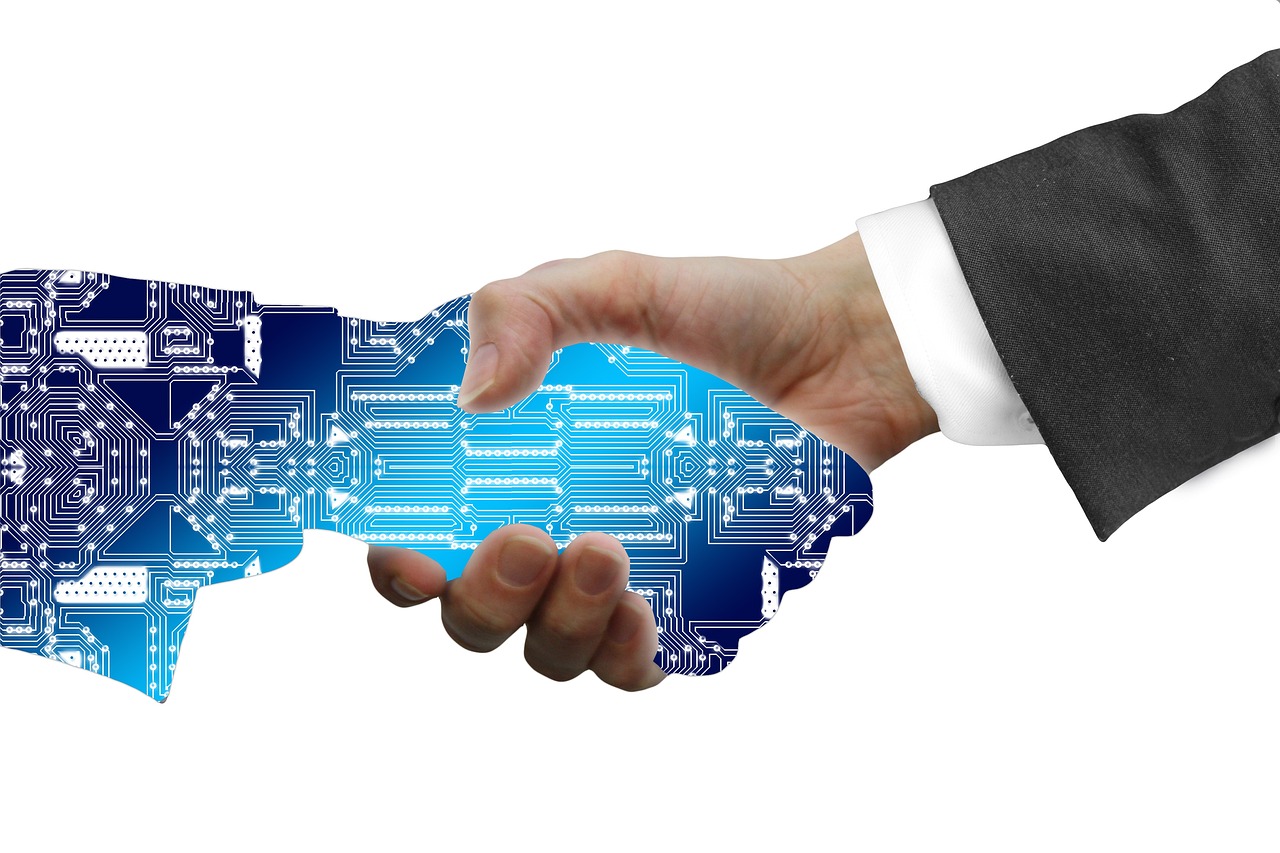Blockchain Applications Beyond Cryptocurrency
Blockchain technology has been gaining significant traction in supply chain management due to its ability to enhance transparency and traceability. By utilizing blockchain, companies can create an immutable record of transactions, ensuring trust and visibility throughout the supply chain. This technology enables stakeholders to track the movement of goods from the point of origin to the final destination in a secure and efficient manner.
One of the key advantages of implementing blockchain in supply chain management is the prevention of counterfeit products. Through the use of smart contracts and unique identifiers, companies can verify the authenticity of products and eliminate the risk of counterfeit items entering the supply chain. This not only protects consumers from potential harm but also helps in reducing revenue losses for businesses.
• Blockchain technology enhances transparency and traceability in supply chain management
• Creates an immutable record of transactions for trust and visibility
• Enables stakeholders to track the movement of goods securely and efficiently
• Prevents counterfeit products through smart contracts and unique identifiers
• Verifies authenticity of products to eliminate risk of counterfeit items entering the supply chain
• Protects consumers from potential harm and reduces revenue losses for businesses
Blockchain in Healthcare
Blockchain technology is making significant strides in transforming the healthcare industry. By utilizing blockchain, medical records can be securely stored and shared among healthcare providers, ensuring data integrity and patient privacy. This transparent and decentralized system also reduces errors and fraud, improving both the efficiency and accuracy of healthcare services.
Moreover, blockchain enables seamless tracking of the pharmaceutical supply chain, ensuring the authenticity and safety of medications. With each transaction securely recorded on the blockchain, the entire drug distribution process becomes more transparent and traceable. This not only helps in combating counterfeit drugs but also streamlines the process of recalls and audits in the pharmaceutical industry.
Blockchain in Voting Systems
The implementation of blockchain technology in voting systems has the potential to revolutionize the way we conduct elections. By utilizing a decentralized and secure system, blockchain ensures transparency and immutability of recorded votes, reducing the risk of fraud and tampering. Each vote is recorded as a block that is linked to previous ones, creating a chain that is virtually impossible to alter without consensus from the network.
One of the key benefits of integrating blockchain in voting systems is the enhanced trust it engenders among voters. With every transaction being verified and encrypted, the integrity of the voting process is upheld, instilling confidence in the outcome. Additionally, the elimination of intermediaries in the voting process streamlines the procedure and reduces costs, making elections more accessible and efficient for both voters and organizers.
What is blockchain technology?
Blockchain technology is a decentralized, distributed ledger system that securely records transactions across multiple computers in a way that is transparent and tamper-proof.
How can blockchain be used in voting systems?
Blockchain can be used in voting systems to ensure secure and transparent elections by providing a immutable record of votes that cannot be altered or tampered with.
What are the benefits of using blockchain in voting systems?
Some benefits of using blockchain in voting systems include increased security, transparency, and trust in the electoral process. It also reduces the risk of fraud and manipulation.
Can blockchain technology be hacked?
While no system is completely hack-proof, blockchain technology is considered to be highly secure due to its decentralized nature and cryptographic algorithms.
Are there any challenges to implementing blockchain in voting systems?
Some challenges to implementing blockchain in voting systems include issues around scalability, privacy concerns, and ensuring accessibility for all voters. However, ongoing research and development are addressing these challenges.





